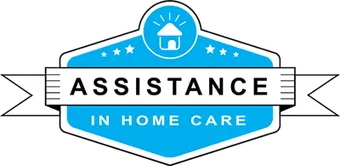Knowing When the Time is Right for In-Home Care
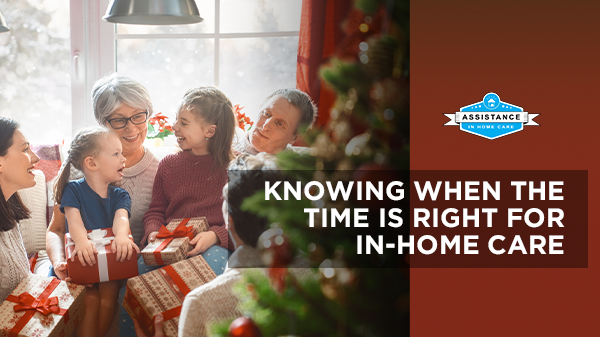
Initiating the conversation with a loved one about needing in-home care is difficult. They might be against it at first, but as we all grow older in age, declining physical or cognitive health may hurt one’s ability to function on their own. As a family member or friend, it may be your voice that can help ensure that your loved one remains safe and healthy within their own home. That being said, there are certain signs that may mean that a loved one needs in-home care. Assistance in Home Care highlights 3 major signs that you should look out for.
Recent Accidents or Close Call
An increased number of minor accidents or close calls may add up to a bigger picture. Some examples include1
· Injury from a fall
· Medical Scare
· Mishandling of tools or objects
Everyone makes a mistake every now and then, however, when these accidents start becoming a noticeable pattern, it may be time to have a conversation with your loved one. Close calls or fall incidents can often be overlooked as one-time events, ignoring the warning signs entirely.
Driving Ability
There are always jokes about an elderly person driving too slow in the left lane of the freeway going 45 mph but it’s no joke. It can become a serious safety issue. Slowed reflexes, diminished vision and hearing, and declining cognitive health makes driving from Point A to Point B a challenge.2 This becomes especially true the more we age. Risky and reckless driving behaviors are dangerous to your loved ones and others on the road and are a major sign that some assistance is needed.
Chronic Health Conditions
Chronic conditions already can affect the physical and cognitive health of a loved one. If there are signs that their chronic health condition is worsening, it is time to consider in-home care services for that person.1 Every chronic condition is different and affects people in different ways. The major chronic conditions that worsen as one ages include:
· Arthritis
· Dementia and Alzheimer’s
· Heart Disease
· Lung Disease
· Cancer
· Diabetes
Starting the Conversation
Making the choice when it comes to in-home care is never easy. It requires the time and space to have that conversation with your loved one. In a time where a family may rarely be able to see each other, the best thing that you can do for your loved one’s health and wellbeing is to be proactive. Be sure to check-in regularly and keep an eye out for these big three signs. If you or someone else notices anything, it may be time for assisted in-home care services.
Do not hesitate to contact our office at Assistance in Home Care. Our caregivers are trained in assisting with daily activities to help enable your loved ones to life safely within their own home. Our one-on-one home care plans are designed to cater to the personalized needs of our clients. From meal preparation, medical or transportation assistance, to lifestyle adaptation, Assistance in Home Care is here to help you through life’s hardships. We also offer a free home assessment so that you can be confident that in-home care is the right choice for you and your loved ones.
Resources
1. S. News Health: https://health.usnews.com/senior-care/caregiving/articles/identifying-the-right-time-for-senior-care
2. Seniorly: https://www.seniorly.com/assisted-living
3. Energy Workers Healthcare: https://www.uewhealth.com/when-its-time-for-assisted-living-resources/
4. Senior Path: https://seniorpath.com/signs-that-your-parents-need-assisted-living/


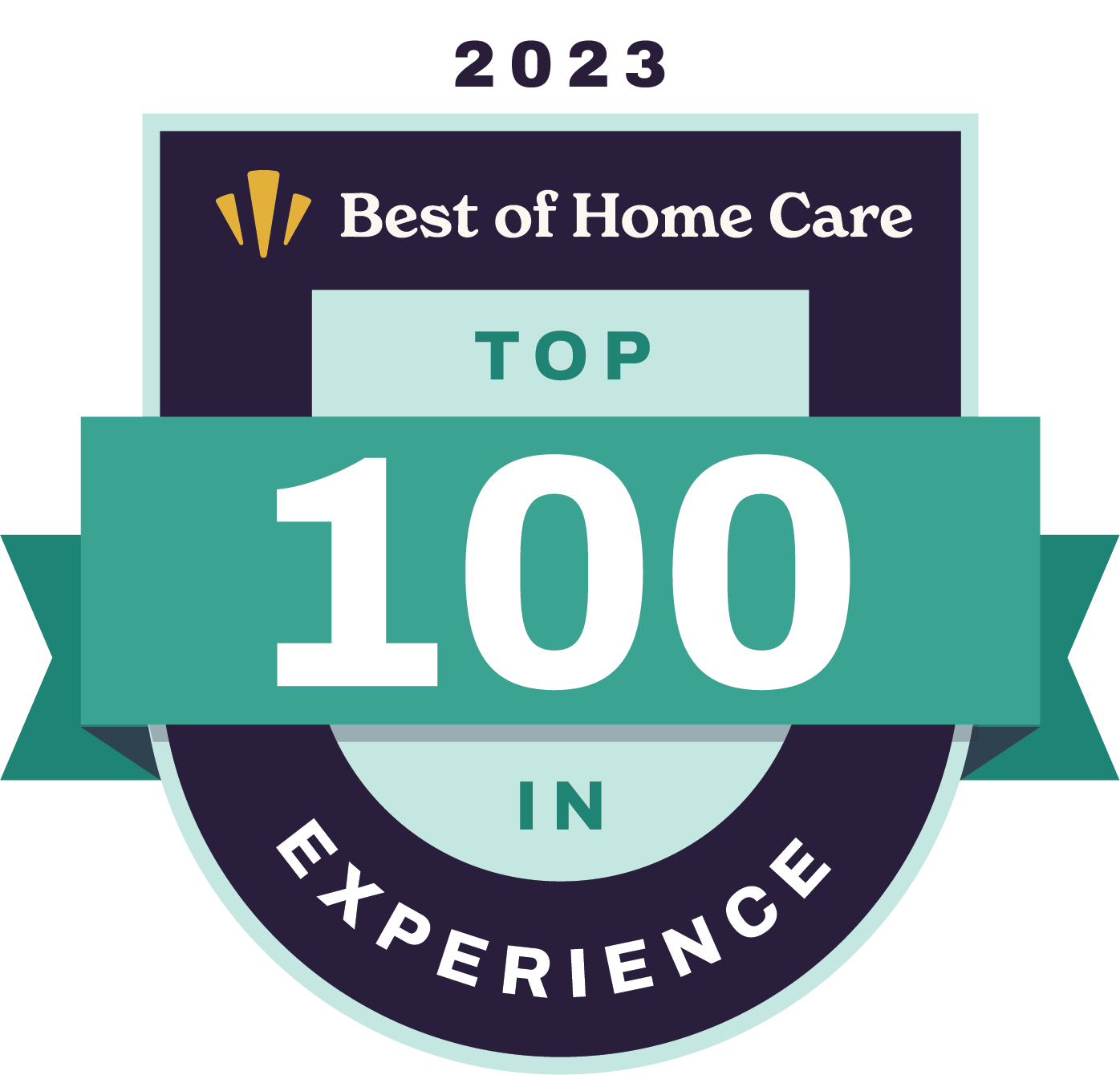

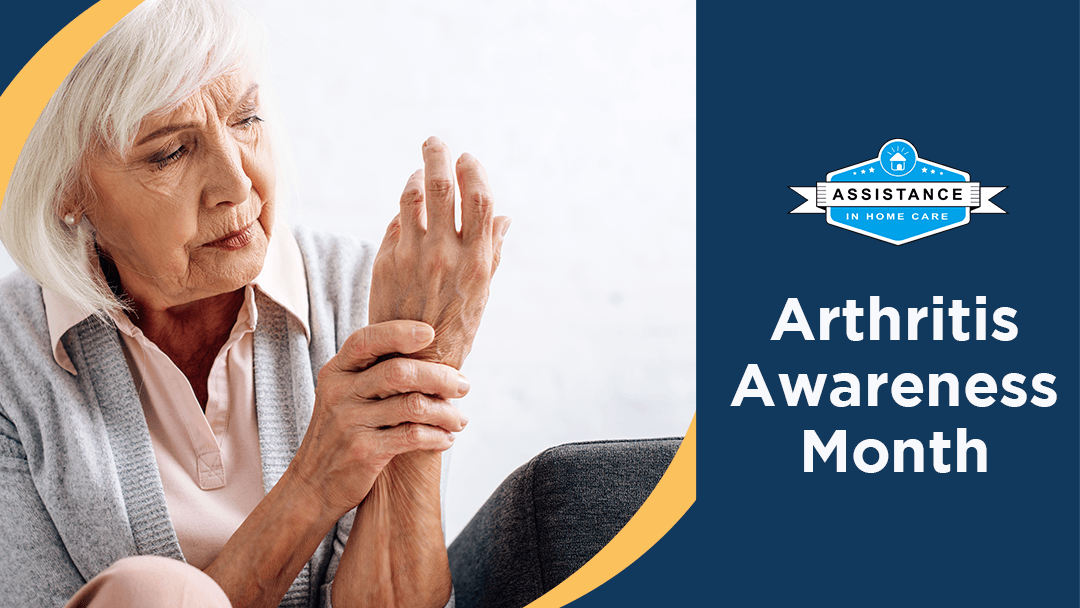
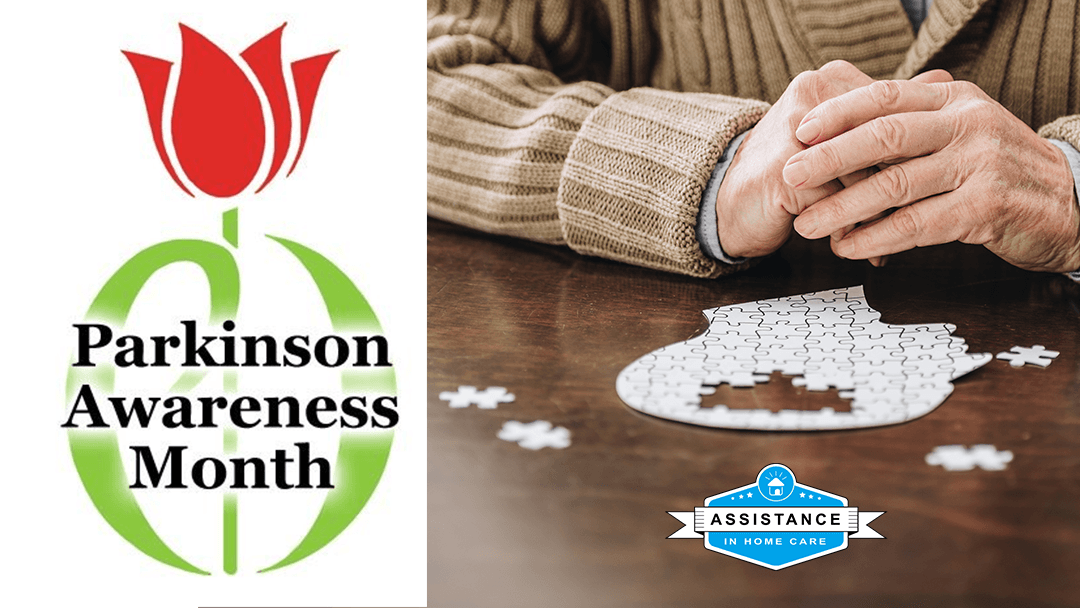
BROWSE OUR SITE
CONTACT INFORMATION
Phone:
(844) 490-9755
(310) 698-8751
Email:
info@assistanceihc.com
Address:
12832 Valley View St, Suite 211 Garden Grove, CA 92845
2447 Pacific Coast Highway, 2nd Floor
Hermosa Beach, CA 90254
